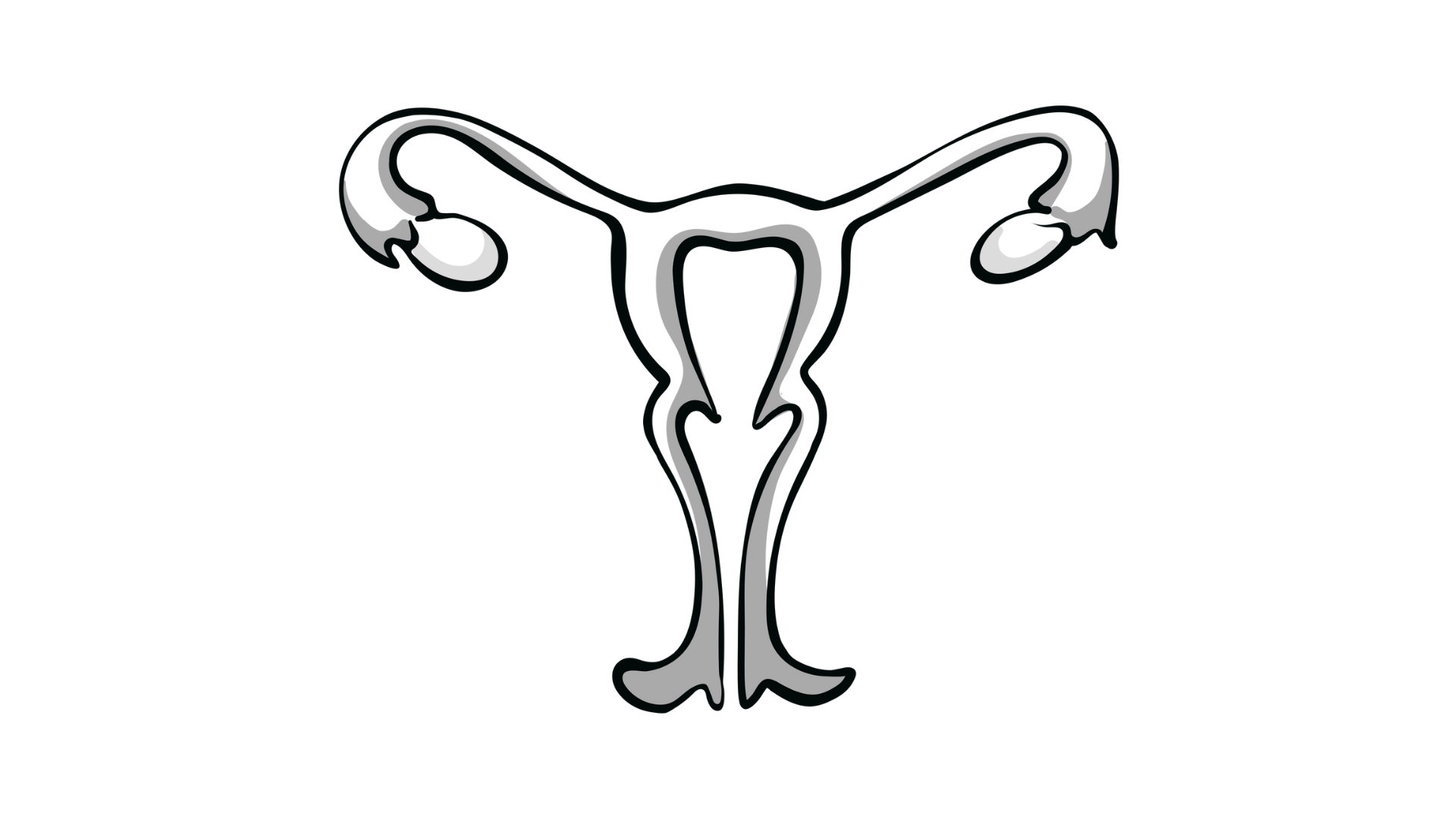Final Results of Niraparib Maintenance Shows Efficacy/Safety in Recurrent Ovarian Cancer
Ursula A. Matulonis, MD, discusses the effect of the PARP inhibitor niraparib on recurrent ovarian cancer.
Ursula A. Matulonis, MD, the chief of the Division of Gynecologic Oncology at the Dana-Farber Cancer Institute, discusses the effect of the PARP inhibitor niraparib (Zejula) on recurrent ovarian cancer.
Matulonis presented the results of the phase 3 ENGO-OV16/NOVA trial during the Society of Gynecologic Oncology’s (SGO) Annual Meeting on Women’s Cancer. Matulonis discussed the secondary endpoints of the study, which included progression-free survival 2 (PFS2), safety and overall survival (OS).
According to Matulonis, the trial was not powered for OS. Niraparib was found to have benefit beyond progression in both germline BRCA mutated tumors and non-mutated tumors. However, OS benefits were only seen in non-mutated tumors. Compared to the placebo, a benefit of about 9.7 months was seen.
Additionally, calculating OS had several issues. First, the trial was not powered for OS. Secondly, between 25% to 50% of patients crossed over to niraparib from the placebo arm. Lastly, there were missing data. However, up to 50% of the missing data were captured.









